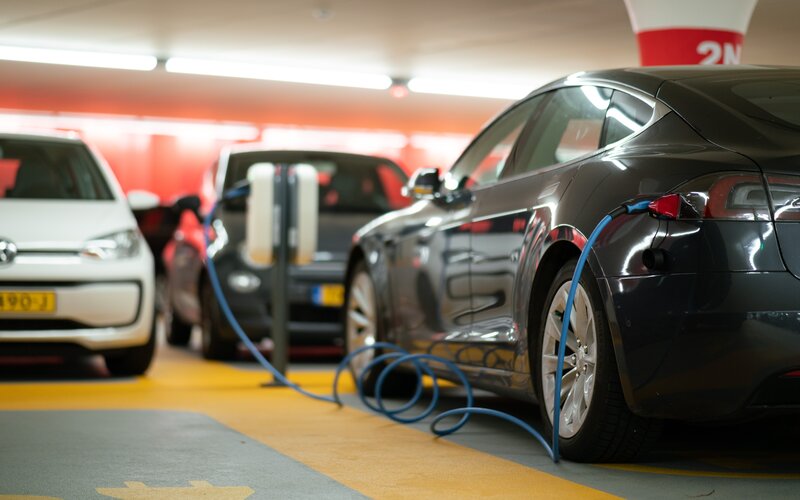Transport is the third largest source of Australia's total carbon emissions, and according to the Electric Vehicle Council this means a shift to EVs will be necessary to drive Australia towards emissions targets by 2030.
A new survey of more than 3,000 car buyers showed that 54% of Australians would consider purchasing an electric vehicle as their next car.
The main factors encouraging purchase of an EV are running and maintenance costs, safety features, driving performance, and environmental footprint.
However purchase costs compared to petrol cars and accessibility to charging stations is deterring Aussies from going electric.
The most affordable EVs range from $40,000-$50,000, placing them above the price point many Aussies would consider when purchasing a new car.
Electric Vehicle Council chief executive Behyad Jafari said Australians are ready to go electric, and government policy needs to catch up.
"This survey shows we understand the personal benefits and we’re also ready to start contributing to the societal advantages of the electric transition – like lower carbon emissions, increased fuel security, and cleaner air," Mr Jafari said.
"What this survey also demonstrates is Australians are well out ahead of their government when it comes to electric vehicle attitudes.
"Half the population now see themselves behind the wheel of an electric car by 2030. But they are frustrated by Australian policies that mean that many of the best affordable EV models don’t make it to our shores.
"If the Australian Government starts introducing policies to encourage EV take up, similar to those in the UK, those policies will be met with overwhelming support from drivers and the broader electorate."
According to the survey, 49% see themselves driving an electric vehicle in 2030.
Forty per cent would be encouraged to purchase an electric vehicle if government subsidies were available to assist with the initial purchase cost.
Half would pay more for an equivalent electric vehicle compared to a petrol or diesel model.
The majority (92%) agreed public charging infrastructure was important in encouraging them to buy an electric vehicle, while 55% indicated they would power their electric vehicle via solar panels.
How does policy catch up to sentiment?
Australians' sentiment surrounding EVs is positive, and data shows more vehicles have already been sold this year than all of 2020.
RACQ data also revealed in September it is now cheaper to run an EV than ever before.
On Thursday, Mr Jafari outlined the policy changes that could help help Australia catch up to the pack with EV purchasing.
"The obvious place for Australia to start is to introduce long-overdue fuel efficiency standards, like the ones the US and the EU have had for decades," he said.
"As things stand global car makers have little incentive to bring their most popular and affordable EV models to Australia, because it makes more sense to promote them in American and European markets.
"The next obvious change would be to offer clear incentives to consumers to select an EV instead of a carbon-emitting alternative. There's a range of ways the government could approach this, from direct subsidies, to cashback schemes, to tax reduction.
"If the Federal Government changes course and gets behind EVs now, we won’t just drive down emissions - we’ll encourage huge investment in our EV sector.
"There is no reason Australia cannot be an important part of the EV global supply chain, but we need a strong local market to spur that investment on."
Also read: Top 5 cheapest EVs
Image by Bram Van Oost Via Unsplash



 Denise Raward
Denise Raward
 Harry O'Sullivan
Harry O'Sullivan

 Aaron Bell
Aaron Bell
 Rachel Horan
Rachel Horan

